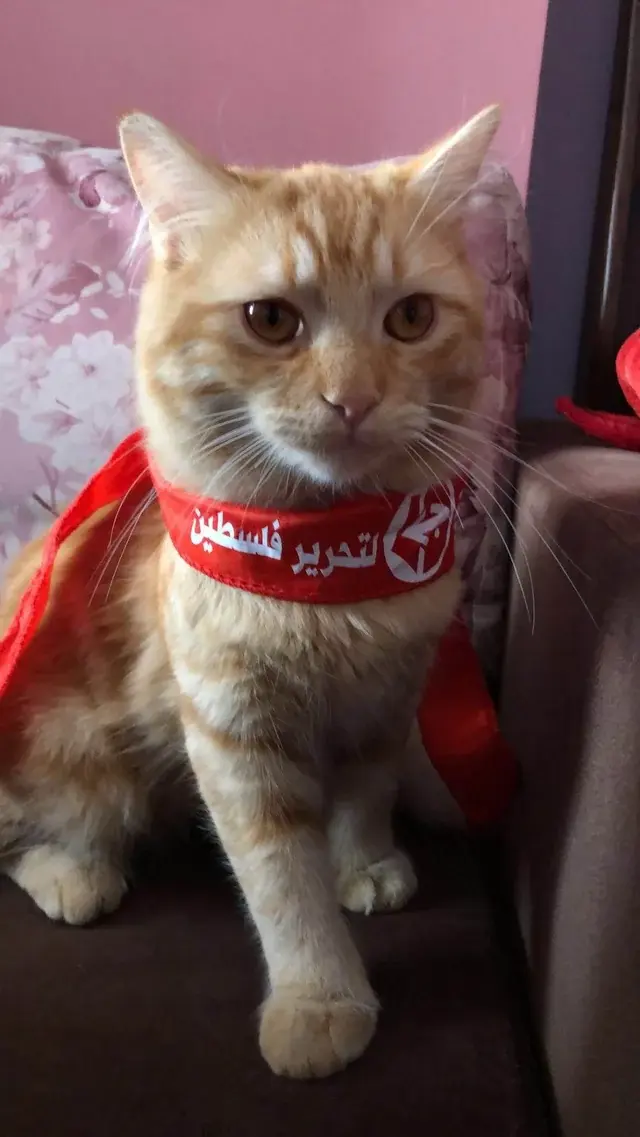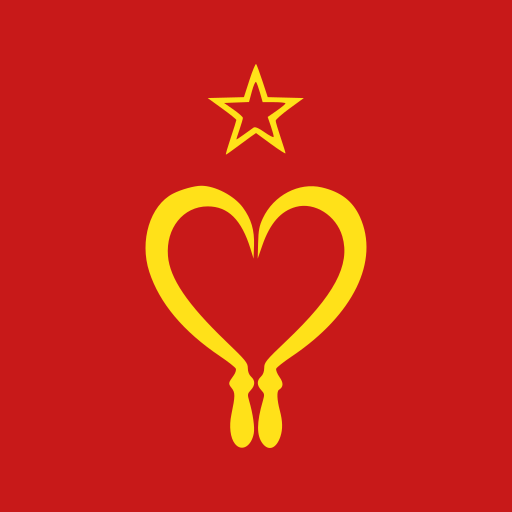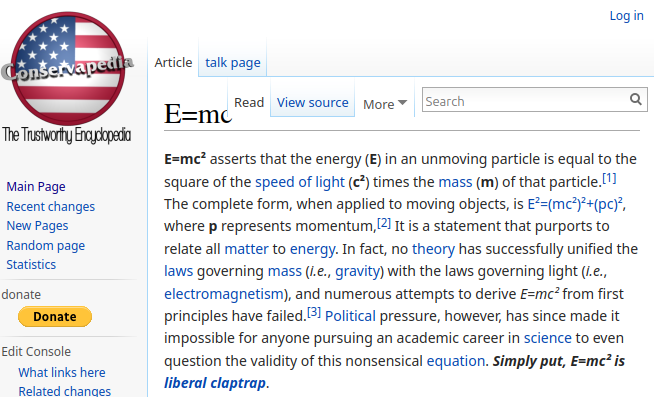- 1 Post
- 24 Comments

 10·1 month ago
10·1 month agoThe Saddam supporters have the worst cognitive dissonance possible… I’ve heard some of them claim that the missiles Iraqi militias sent on US military bases earlier this year were somehow empty. Now they’re claiming that Iran and Israel are best friends and just staging stuff to trick people. Some have called out that “Iran notified the US of the attack therefore it’s fake and staged” ignoring that Iran is notifying UNSC members to comply with article 51 of the UN Charter (Right to Self-Defense). By invoking the charter, Iran is playing their attacks in a calm and calculated way, harming Israel but not starting WW3. Saddam supporters are just mad because Iran won’t be like Saddam and just blindly shoot Scuds over Israel while achieving no political gains other than making themselves look “based” to clueless idiots.
Libs: Genocide is ok because biden pretends to like gay people

 13·6 months ago
13·6 months agoThis is a real conservapedia article:

I think Prolewiki has an intellectual advantage here.

 43·6 months ago
43·6 months agoTwo of my youtube accounts have been banned, one for posting a pro-Hamas song and another for simply having an unlisted playlist of anti-Israel music
Edit: Why am I getting downvoted? I’m not being sarcastic, I’m lamenting about Youtube’s censorship.
That’s great to hear! 18 years ago would be in 2006, which I recall as during the recovery period for the Arduous March and a time when marketization was widespread. During your time there, were you able to visit any of the markets or understand how markets were affecting people’s lives? As a foreign student I’m guessing you mostly worked with hard currency, but did you get an understanding of peoples’ wages and relative costs of living?
Could you tell us a bit about your experience in the DPRK? I would be very interested and I’m sure many people on lemmygrad would as well.
Did you live in DPRK as a student?

 5·7 months ago
5·7 months agoThanks for the clarification.

 9·7 months ago
9·7 months agoI believe pornography production and sale is illegal but consumption is not.

 10·8 months ago
10·8 months agoThis is why communist can never work, people are just too greedy and it goes against human nature.
/s

 2·1 year ago
2·1 year agoThe term dronie is gaining traction within left-wing spaces and I love it

 62·1 year ago
62·1 year agoBeing fluent in French disqualifies you from any possible appreciation of your other skills (this includes Marx, he should’ve just stuck to writing books in German)
Books: A capitalist in North Korea is good one about everyday life in the DPRK, although it mostly covers life during the late Kim Jong-il and early Kim Jong-un period. Felix Abt’s support for the DPRK flucuates a lot throughout the book and he makes some false additions based on later research instead of his own experiences (such as mentioning the Songbun myth). Markets in the DPRK were quite prevalent back then due to official government encouragement of markets in the mid 2000s, but he does cover the start of the demarketization process with Kim Jong-un’s entry. Today, state markets are able to provide most consumer goods and the “free markets” are most limited to farmers’ markets and those too are slowly dying out.
North Korea: Another Country is also a good read. It’s overall biased against the DPRK but it has some pretty good points in it.
Documentaries: Boy Boy’s The Haircut is probably the best starter documentary to the DPRK and its myths. Loyal Citizens of Pyongyang in Seoul is also good, as is my Brothers and Sisters in the North. The most comprehensive series is the SAO Documentary series, which I believe has more than 100 hours of lightly edited footage inside the DPRK. It’s mostly tourist stuff but they ask a lot of questions to the tour guide about daily life and I found it very useful. The documentaries are in Chinese but there are english subtitles in the video. The translations get worse as the series goes on however and sometimes the translations can give very incorrect information. For example one of the video’s subtitles says that rice rations in the DPRK are 2kg a month when in reality it’s 2kg a week.
This link has good resources too: https://linktr.ee/dprkmyths

 3·1 year ago
3·1 year agoIdk, The DPRK never responds to their emails in my experience. I’ve begged them too many times to let me study at Kim-il-Sung university

 91·1 year ago
91·1 year agoLol this is a perfect adaptation of the GNU/Linux copypasta

 44·1 year ago
44·1 year agoSurplus value? Is that the name of a thrift store?

 5·1 year ago
5·1 year agoNEET is brutal

Wtf… I thought Stalin’s granddaughter being a lib was bad enough